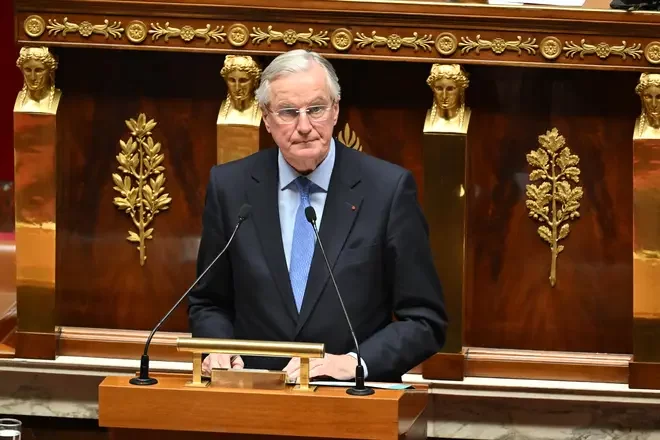
French Prime Minister Michel Barnier submitted his resignation to President Emmanuel Macron on Thursday after losing a no-confidence vote in parliament, plunging France into political and financial turmoil. Barnier, set to become modern France's shortest-serving premier, arrived at the Elysee Palace just after 0900 GMT for the constitutional resignation process, following Wednesday's parliamentary vote.
A majority of lawmakers, including the hard left and the far-right faction led by Marine Le Pen, supported the no-confidence motion, ousting Barnier over his controversial 2025 budget plan. The plan, which included austerity measures, was deemed unacceptable by most MPs but defended by Barnier as necessary to stabilize France's finances.
"If you don't blend, you will bring out off-spec products which will destroy your vehicles," he argued.
The fallout from Barnier's removal has significant implications. The successful motion has voided the government's entire financial plan, forcing an automatic extension of the current budget into 2025 unless a new government can secure approval for a revised budget by Christmas, an outcome deemed unlikely by experts. ING Economics warned that France is "entering a new era of political instability," while Moody's cautioned that the deepening stalemate "reduces the probability of a consolidation of public finances."
President Macron now faces the urgent task of appointing a successor to navigate the growing crisis. National Assembly Speaker Yael Braun-Pivet urged the president to act swiftly, stating that France could not be allowed to "drift." Speculation is mounting over possible replacements, with names like Defence Minister Sébastien Lecornu, centrist ally François Bayrou, and former Socialist premier Bernard Cazeneuve being discussed.
Meanwhile, calls for Macron's resignation have intensified, with some opposition leaders, including Mathilde Panot of the hard-left France Unbowed (LFI) party, advocating for early presidential elections. Marine Le Pen, however, struck a more measured tone, expressing a willingness to collaborate on a "budget that is acceptable for everyone" once a new premier is appointed.
This marks the first successful no-confidence vote in France since 1962, when Georges Pompidou's government was ousted under President Charles de Gaulle. It is also the fifth premiership to fall under Macron since 2017, with each prime minister serving progressively shorter terms.
Adding to the uncertainty are ongoing strike calls across transport, education, and other public sector services, initially triggered by the now-defunct austerity budget. The political crisis also comes just days before the reopening of Notre-Dame Cathedral, a major event expected to draw international attention, including from Donald Trump on his first foreign visit since returning to the U.S. presidency.
Macron is scheduled to address the nation at 8:00 pm (1900 GMT) as the country braces for what could be a prolonged period of political instability.

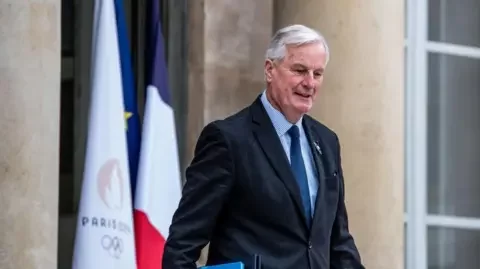
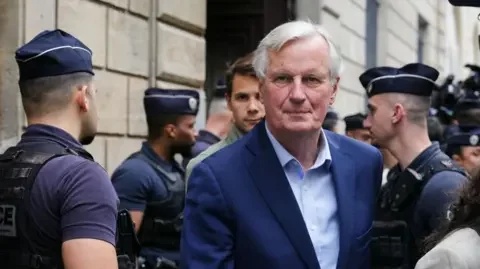
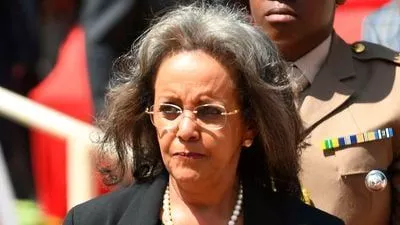
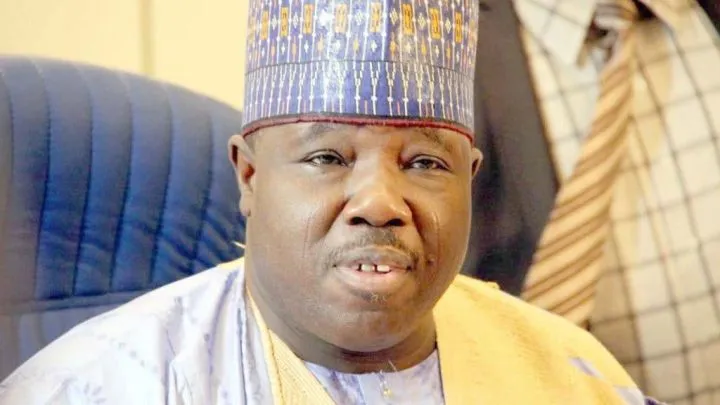

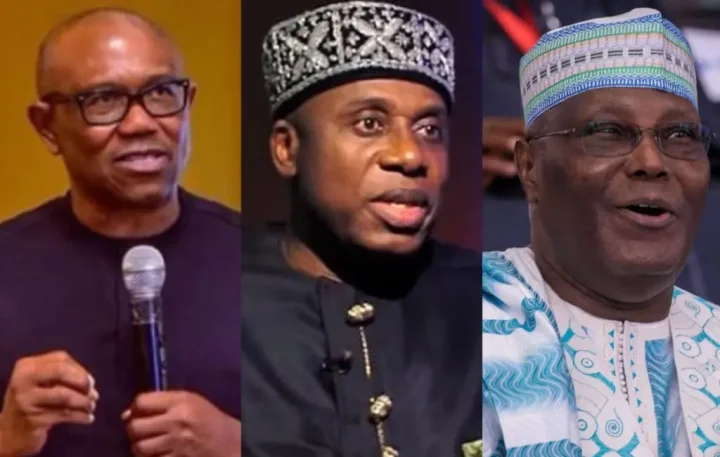

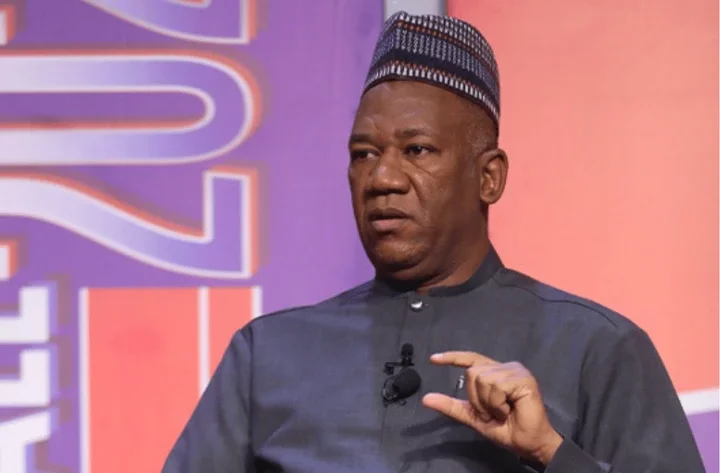



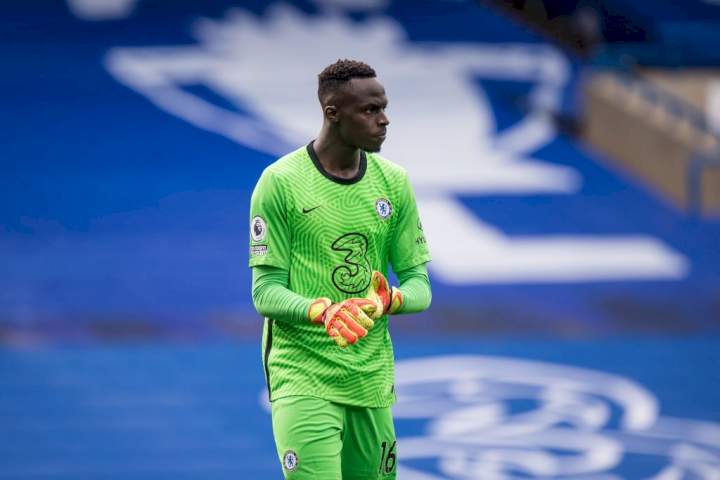

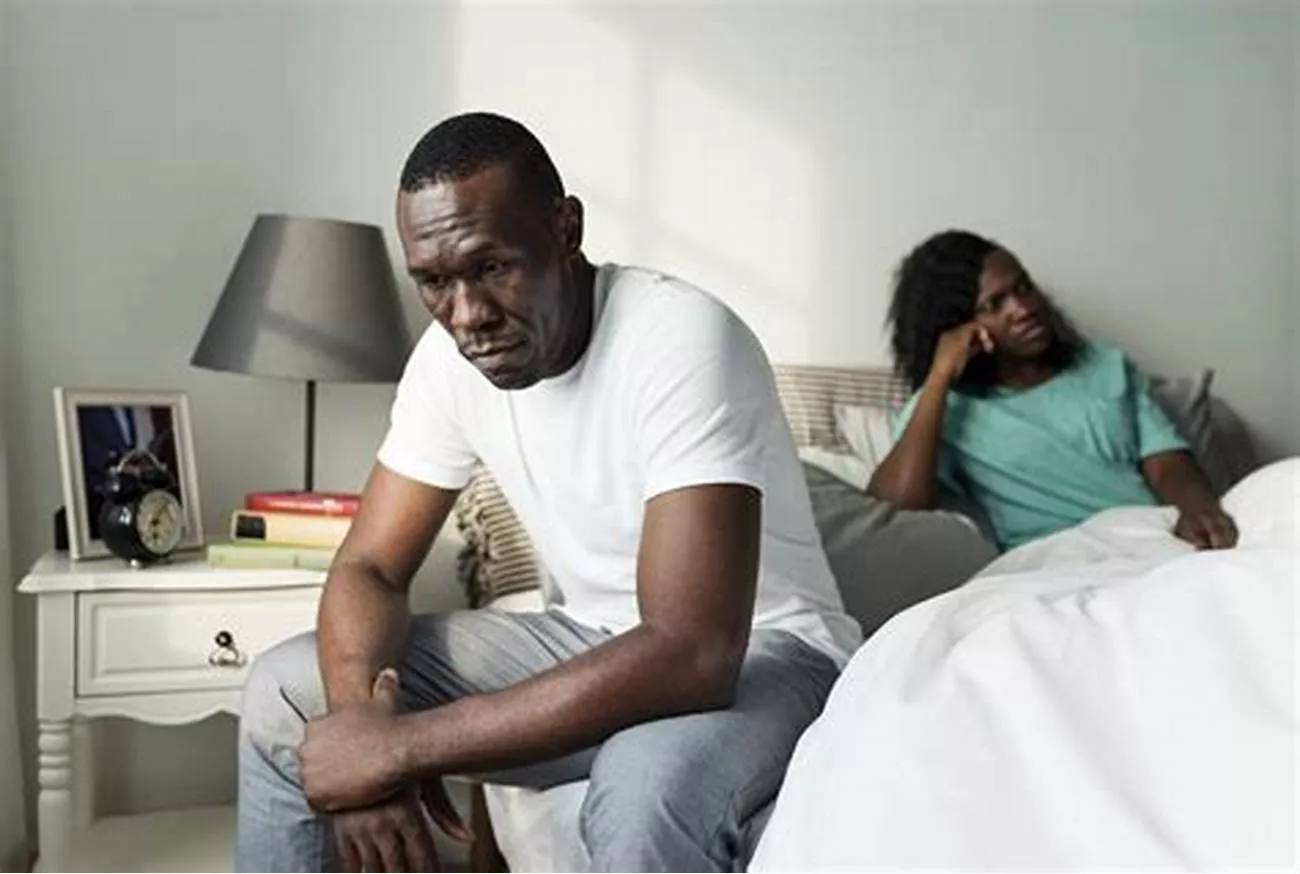

Comments